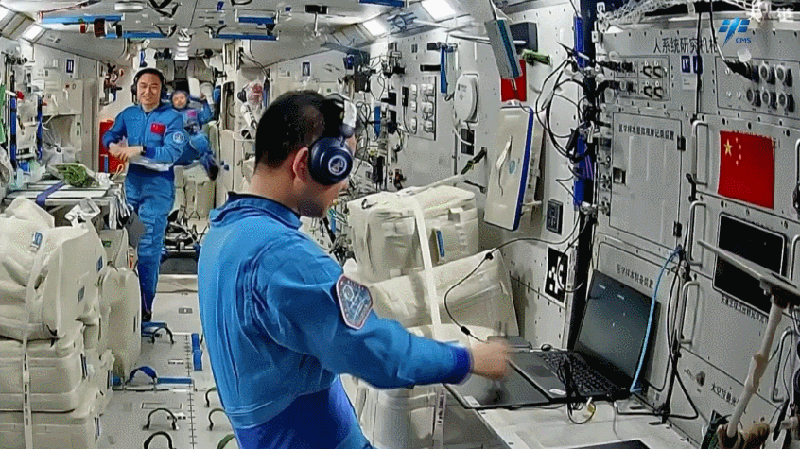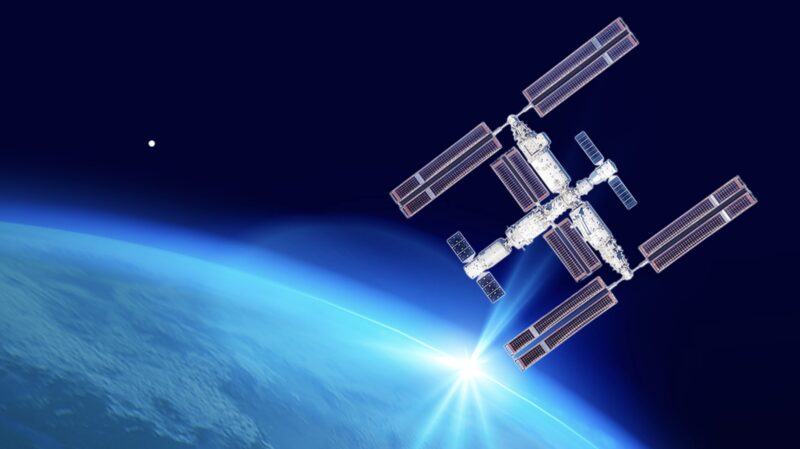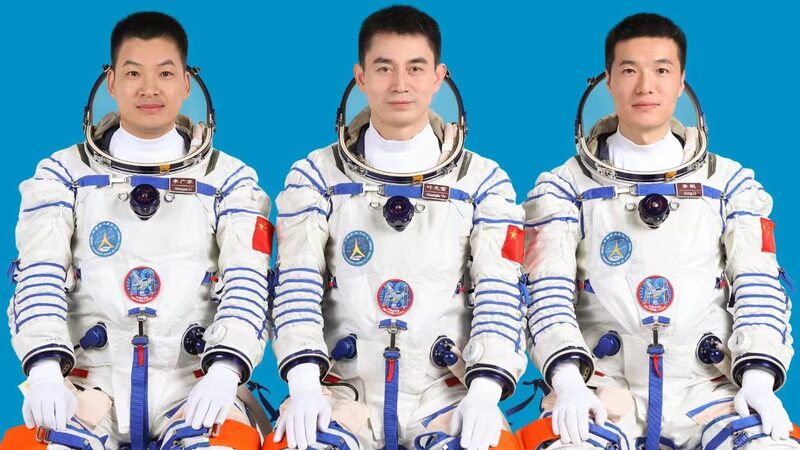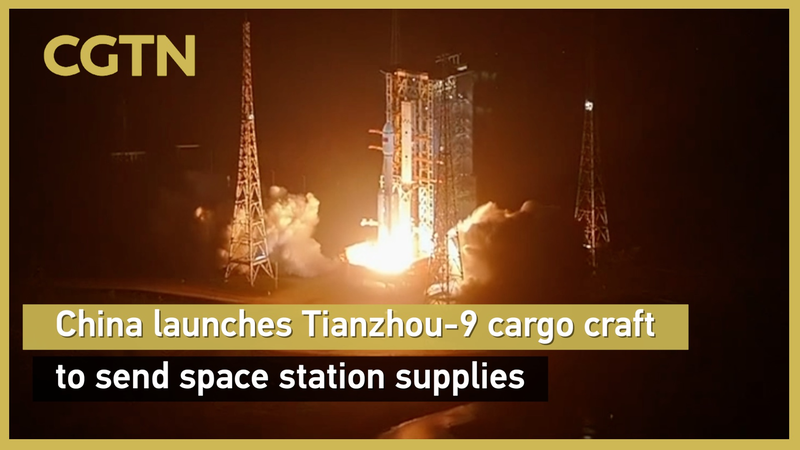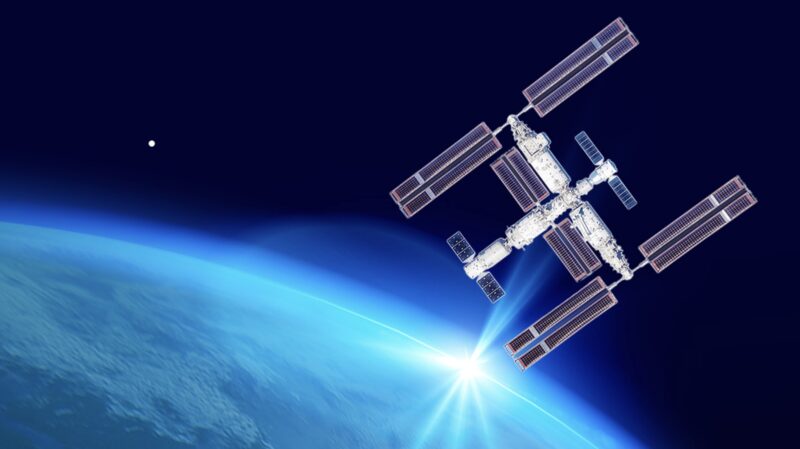The three-member Shenzhou-20 crew aboard China's space station has completed a week of groundbreaking scientific work, marking significant progress in understanding human adaptation to space environments and advancing microgravity research. The China Manned Space Agency reported that the crew conducted experiments spanning aerospace medicine, biotechnology, and physical science, while also managing critical station operations.
Delivering Progress: Tianzhou-9 Resupply Mission
The crew's work followed the July 15 launch of the Tianzhou-9 cargo spacecraft, which delivered 6.5 tonnes of supplies—the largest payload since Tianzhou-6. The shipment included experimental equipment, life support materials, and propellant, enabling extended research capabilities aboard the orbital outpost.
Pioneering Health Research
In aerospace medicine studies, astronauts transferred cell experiment units to specialized research cabinets, analyzing samples to assess long-term spaceflight impacts on human physiology. This research holds dual significance—improving astronaut health protocols while offering insights into terrestrial medical challenges.
Biotech Breakthroughs in Microgravity
The crew conducted advanced biotechnology experiments examining how weightlessness affects cellular behavior. Key studies included:
- Migration patterns of skeletal muscle precursor cells
- Functionality of nucleic acid lipid nanocarriers
Optimizing Space Fitness
Detailed musculoskeletal research tracked foot pressure and joint movements during exercise routines, mapping relationships between workout parameters and physical responses. Concurrent motor control studies analyzed how astronauts adapt precise movements to microgravity—critical for long-duration missions.
Sustaining Orbital Operations
Beyond research, the crew maintained station systems through:
- Life support equipment checks
- Environmental monitoring
- Cargo management
- Medical evaluations
Reference(s):
Space Log: Shenzhou-20 crew completes various tasks over past week
cgtn.com
